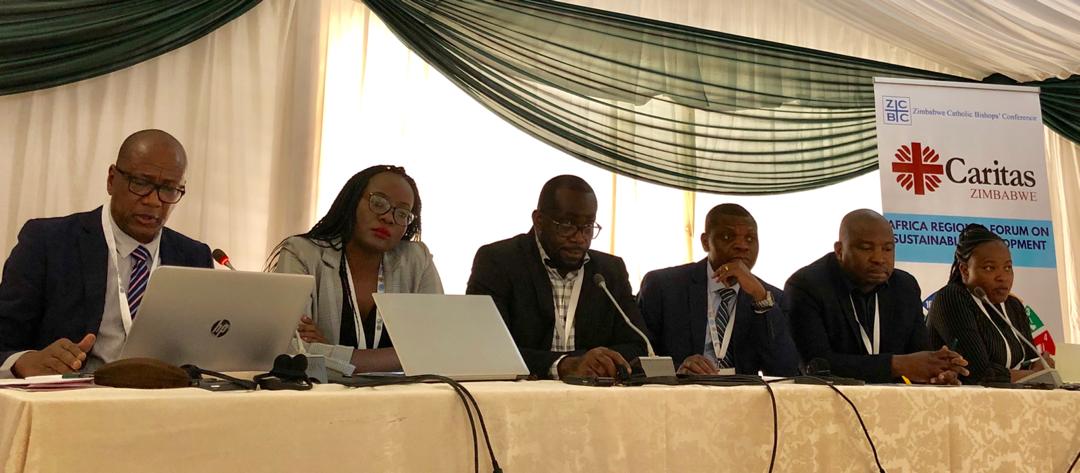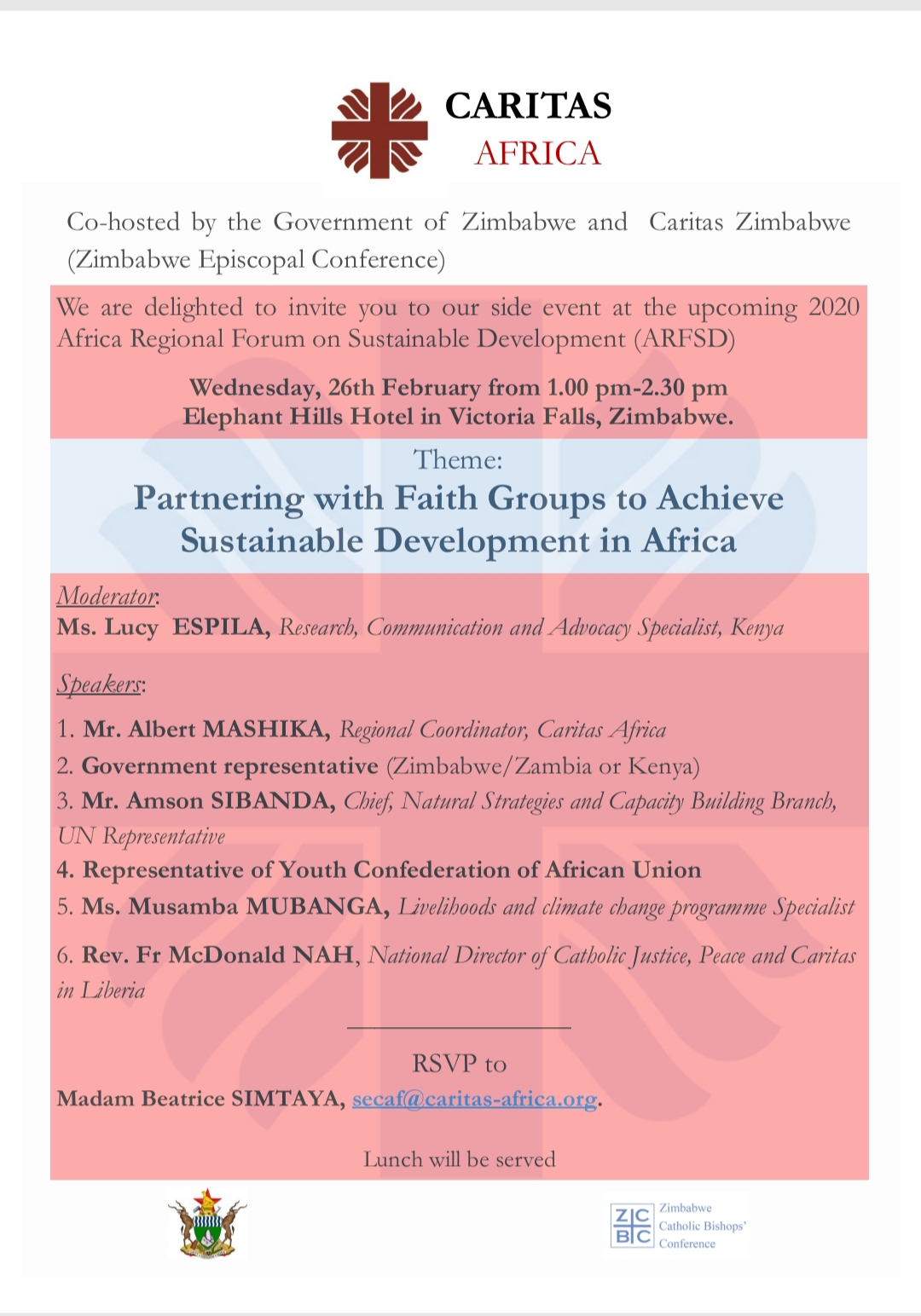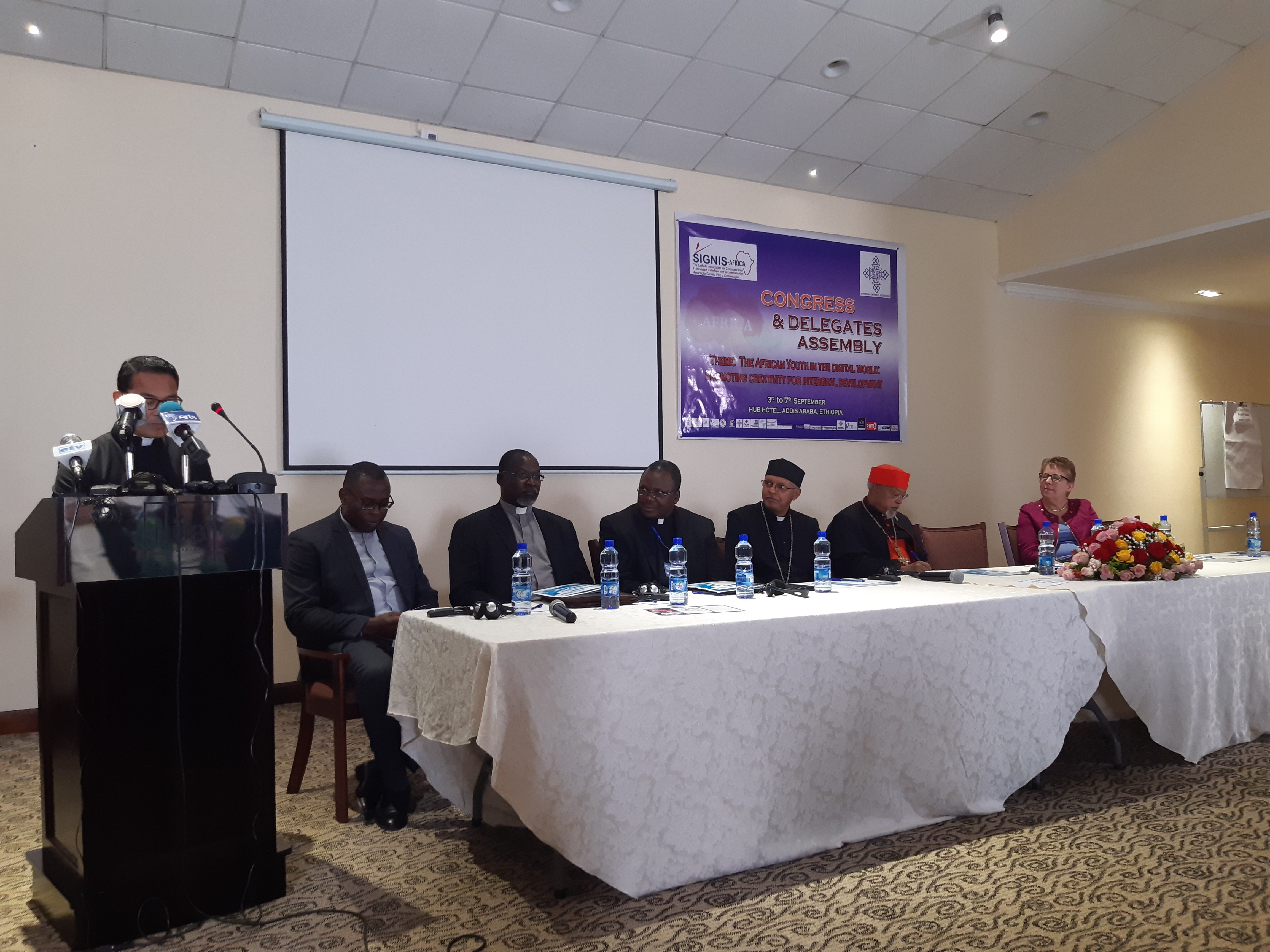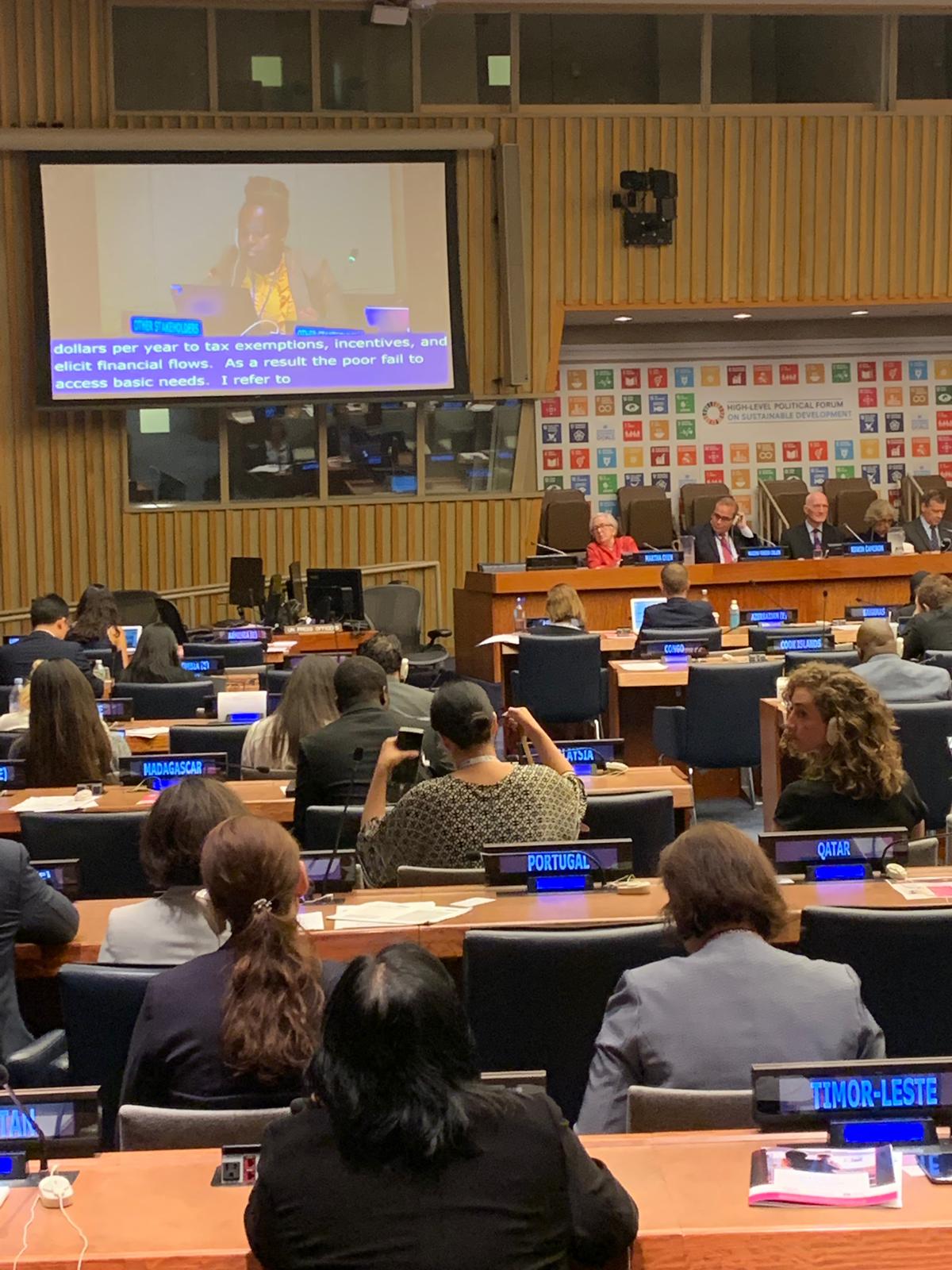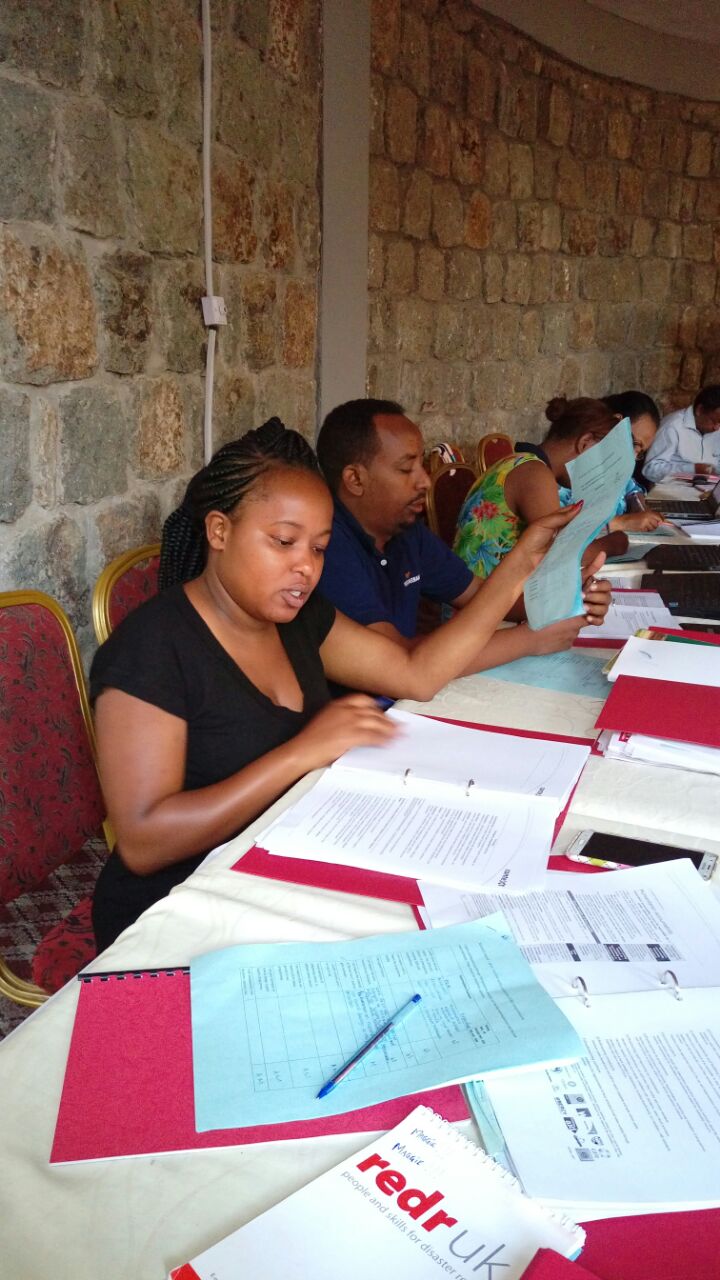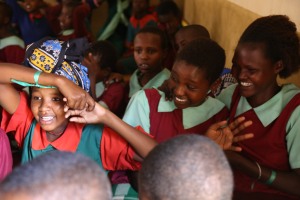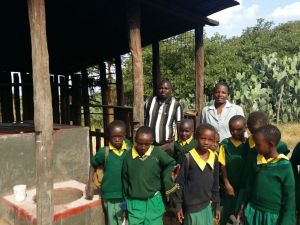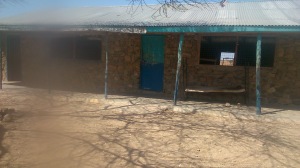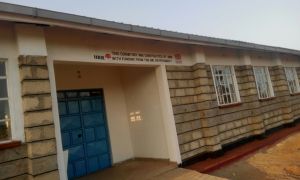In a Daily Nation article dated 11 December 2017, Faith Nyamai observed that pollution is still a huge issue in Kenya despite the plastic bags ban that received commendation from the United Nations Environment Assembly. Faith further warned that pollution poses a grave risk to Kenyan’s lives because industrial, sewage and domestic waste have polluted major rivers in Kenya. Human beings, plants and animals are also affected by carbon emissions from vehicles and pollution from agricultural chemicals and pharmaceuticals.
Other environmental issues currently affecting Kenya include: deforestation, soil erosion, desertification, degradation of water quality and flooding. In His second encyclical “Laudato Si”, Pope Francis calls everyone to take “a swift and unified global action” on climate change. The Pope observes that climate change is a global problem, with grave implications touching on environmental, social, economic and political aspects. It represents one of the principal challenges facing humanity in our day and warns of unprecedented destruction of ecosystems with serious consequences for all of us.
On 25th October 2018, The Kenya Conference of Catholic Bishops, through Caritas Kenya launched an environmental campaign to raise awareness on the steps that Kenyans should take to conserve our environment and address pollution. This initiative was marked by planting of over 2,500 trees at the Shanzu teachers training college in Mombasa.
The Catholic environmental launch event was graced by the presence of The Archbishop of the Catholic Diocese of Mombasa and President of Caritas Kenya- Most. Rev. Martin Kivuva Musonde. The Guest of Honour for the event was the Director General of National Environmental Authority (NEMA) Professor Geoffrey Wahungu.
The event was also attended by: The National Director of Caritas Kenya Mr. Stephen Kituku, KCCB National Executive Secretaries, officials from the county government of Mombasa, all the 25 Diocesan Caritas Directors, representatives from: CAFOD, Misereor, Trocaire, Caritas Italiana, Caritas Switzerland, Caritas Kenya, different commissions of KCCB, Caritas Mombasa, NEMA, CYNESA, The SEED, Shanzu Teachers Training College, local media amongst others.
In his address during the Launch, His Grace, Most Rev. Martin Kivuva shared that he has planted about 4,000 trees in his backyard.
“The Seeds of today are the harvest of tomorrow. What do you want to see in Kenya today? Increased desertification or an increased forest cover? I challenge you to plant just 100 trees and you will not the difference. Join the Holy Father and St. Francis, Plant trees and love nature”
The Archbishop also pointed out that the Catholic Environmental campaign promotes the work of God through supporting initiatives that create an environment for each and every human being to enjoy. His Grace, also said that the Church is sending a message to other actors to influence these processes that will change the face of Kenya and improve our lives.
Professor Geoffrey Wahungu in his key note address, affirmed the commitment of NEMA to support initiatives by Faith Based Organisations. He thanked the Catholic Church and partners for their work on that day and reiterated that NEMA is working beyond planting trees, the organization is growing trees.
The Deputy General Secretary of the Kenya Conference of Catholic Bishops, Rev. Fr. Lucas Ongesa emphasized on the urgency to restore Kenya’s cover to 10% by 2022. He encouraged all Kenyans to follow the steps of St. Francis of Asisi who is celebrated as a Patron saint of ecologists. St. Francis spent most of his time preaching about animals, insisting that all creatures are brothers and sisters under God. Rev. Fr Lucas also noted the importance of marking of international days related to the environment. “every one can make a difference by planting just one tree.”
Speaking on behalf of Caritas Internationalis Member Organisations that were present, Catherine Ogolla read an excerpt from Laudato si and shared views on the noble cause by the Kenya Conference of Catholic Bishops.
“I encourage each and everyone to embrace the principles of Laudato Si. Let us care for our mother earth. Laudato si is a game changer at CAFOD, for the next 5 years our programmes will integrate these principles. As, Caritas Internationalis Member Organisations, we commit and support this campaign. We also encourage you to Do No Harm to the environment in all your undertakings” Catherine Ogolla, Country Representative, CAFOD.
Ms. Teresia from the County Government of Mombasa thanked the Kenya Conference of Catholic Bishops for choosing Mombasa County for this particular event. She also urged residents of Shanzu community to protect and grow the trees.
“Let us protect the Indian Ocean” said Hellen Mugo, from the Catholic Youth Network for Environmental Sustainability in Africa (CYNESA). She also emphasized on the responsibility of Kenyans to plant, grow trees and maintain cleanliness of the environment.
After blessing the trees through a prayer, Most. Rev Martin Kivuva led the procession that planted over 2,500 trees at a section allocated by management of the Shanzu .
This Catholic Environmental Campaign will run for one year across all Dioceses in Kenya. Each diocese will run a variety of environmental activities such as addressing plastic pollution, promoting climate smart agriculture through introducing communities to low cost irrigation and rain water harvesting systems, tree planting, participating in clean up activities and engaging in forums that promote climate justice.
The launch was coordinated by Caritas Kenya and supported by the Education, Lay & Apostolate, Catholic Justice & Peace KCCB- Commissions and the National Environment Management Authority. The event also received a donation of 2,500 trees from The Kenya Forestry Research Institute (KEFRI), Kenya Forest Service KFS and Samaritan Purse.
This initiative is part of Caritas Kenya’s contribution to the sustainable development goals. The pledge to “leave no one behind” is at the heart of the SDGs, since the achievement of these goals and targets is dependent on active participation of marginalized communities at all levels of its implementation. Caritas Kenya in partnership with CAFOD will initiate community dialogues and conduct a research to assess SDG implementation in select counties in Kenya. The process will demonstrate to communities their roles and contributions to sustainable development goals 13, 14 and 15 by addressing water and air pollution. Communities will also be encouraged to participate in decision making processes and support in the monitoring and evaluation of the implementation of the SDGs in their respective counties.
Ultimately, Caritas Kenya’s vision for this campaign will be achieved if we budget for climate action and environmental conservation activities, support the plastic bags ban in Kenya, maintain cleanliness of the environment, take personal initiatives to plant trees, conserve the environment and minimize pollution.


